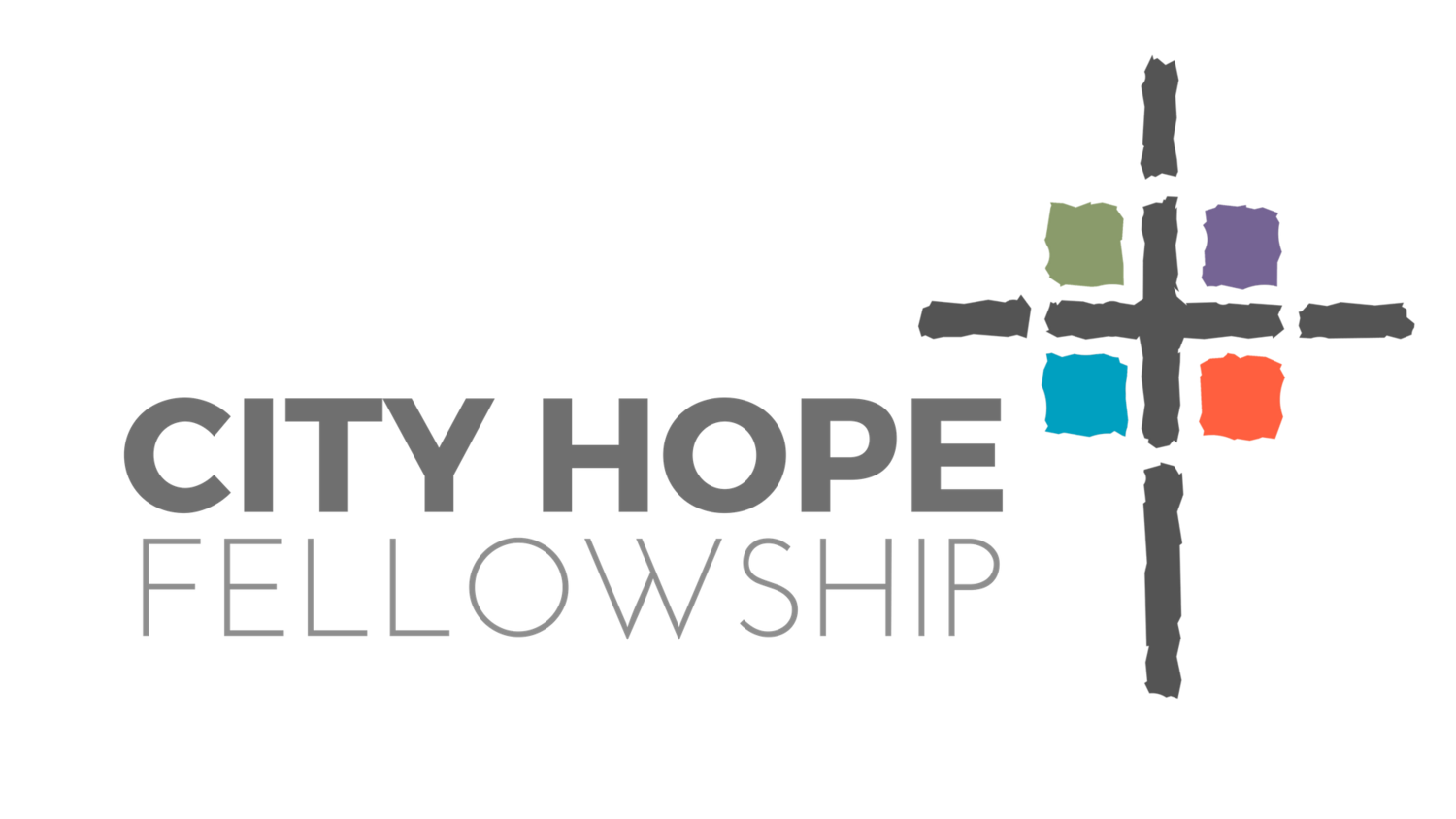Over Labor Day weekend, Whitney and I traveled to St. Louis for a conference called the Leadership and Development Resource Weekend. It is a conference hosted by the African American Ministries of the Presbyterian Church in America's ministry arm Mission to North America (it wouldn't be Presbyterian if it wasn't subdivided with acronyms: LDR Wknd PCA MNA AAM). The conference website has a great description of the aims of the weekend:
"The Leadership Development Resource hosts a gathering for equipping, engaging and reinvigorating ministry leaders – current or prospective- who desire to address the core concerns of black communities. This annual conference is designed for African Americans specifically, but it is not exclusively for African Americans. People of all ethnicities and denominations are welcome to attend; especially college and seminary students (current or prospective) who are looking to fellowship with like-minded believers or be connected to mentors in the faith."
This year's theme was Orthodox Activism and focused on the Church in pursuit of Social Justice. In light of all the racial tensions in the US over the last year, we gathered together to reflect on the role of the church in the pursuit of social justice. It is really hard to overstate the benefits this gathering had for me and the church we long to plant in Muncie. As a white, reformed, evangelical male it was refreshing to be in context where I was a minority. And it was an incredible blessing to receive such hospitality and welcoming from so many brothers and sisters in Christ from different cultures, races, and ethnicities. The worship and fellowship felt like a foretaste of glory where we will all be united together in the worship of King Jesus from "every nation, from all tribes and peoples and languages" (Rev. 7:9 ) and that was a great motivation boost for us as we seek to start a missional and multicultural reformed church in downtown Muncie. The effects of this conference will be long lasting for me and here are a few thoughts that it prompted for me:
1. orthodox activism
The theme of the conference focused on the call for the church to be both orthodox in its theology and active in its pursuit of social justice. These are not really at odds with one another but come from the same place: the Bible. We believe that the Bible is our final authority and yet so often we neglect portions of scripture that challenge us and our experience. If we want to hold to orthodox theology (that is a right understanding of who God is and what He is doing in the world), then we must also embrace that "Thus says the LORD: Do justice and righteousness, and deliver from the hand of the oppressor him who has been robbed. And do no wrong or violence to the resident alien, the fatherless, and the widow, nor shed innocent blood in this place." (Jeremiah 22:3) And at the same time, we must know that God does not honor all means in the pursuit of justice. We must be orthodox not only in the end goals of social justice by also in the means by which we purse it.
2. knowing our blindspots
One of the most helpful aspects of the conference was the way that it challenged our blindspots. One way this happened was a look at the historical roots of our denomination (the PCA) and our covenantal failures to stand up to the injustices of racism in the past and at times our active participation in those very injustices. If we fail to be students of history we are set to inherit the blindspots of those who have gone before us. Another way I was challenged to see my blindspots was to be taught God's word by people who have totally different life experiences than I do. I was so richly blessed by the preaching and teaching at this conference. Oftentimes we will not experience the weight of certain portions of Scripture because of our life experiences. Being immersed in a multicultural setting challenges this wonderfully.
3. The image of god
One of the most consistent themes throughout the conference was the importance of recognizing the image of God in all people. In order to even begin discussions about social justice, racism and the gospel we must begin with our belief that all people are created by God and posses his image. Even after the fall, we as humans have dignity as people made in the image of God. This must be recognized in all including those who are oppressed and those who are oppressing. With this as a foundation we can understand the goals of all our orthodox activism: reconciliation and redemption.
There is so much more I could say. But this is a start as I have continued to process this conference in the weeks since we gathered together. I pray that God will continue to use this for the sake of His Glory being known among all the nations.

